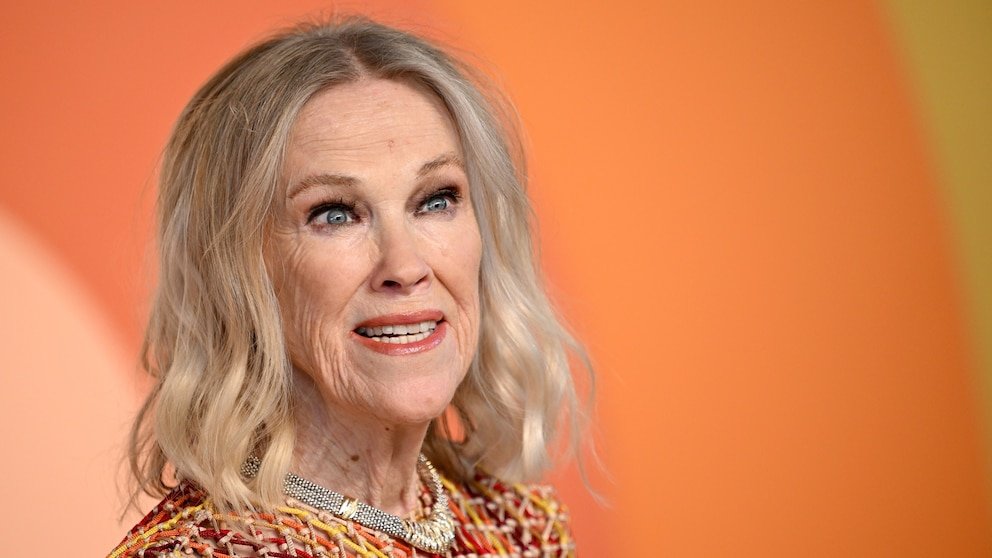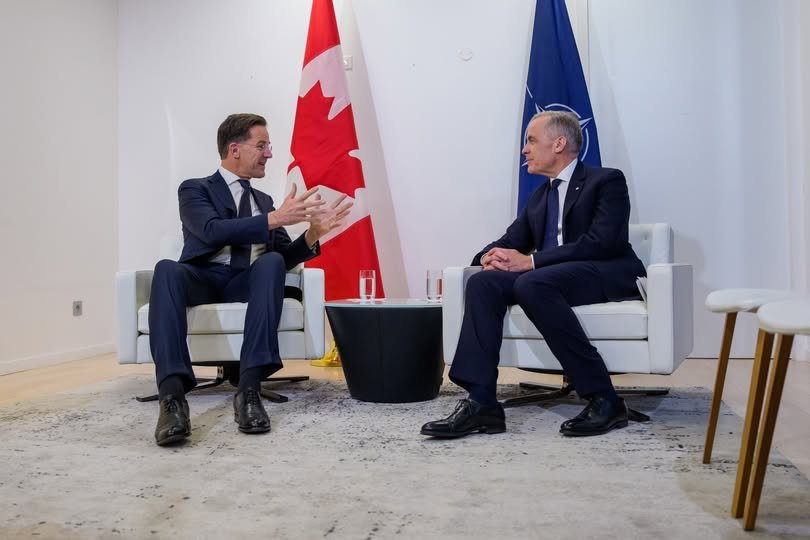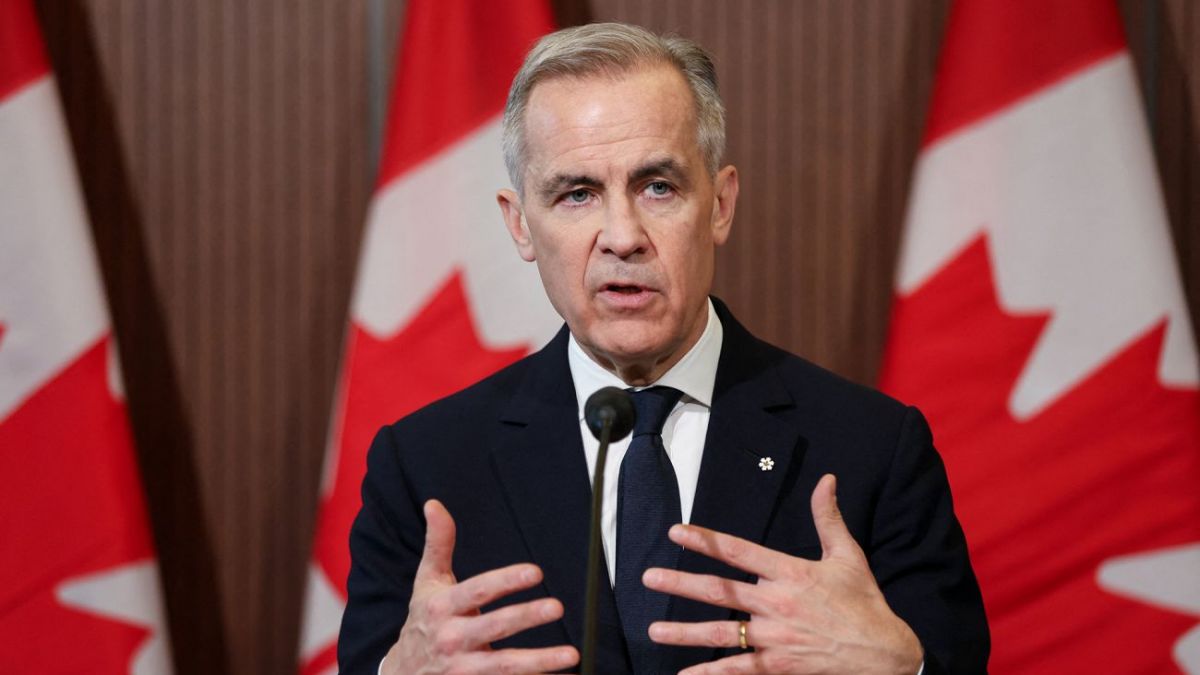Ottawa, January 8, 2025 – The Europe Today: Canadian Prime Minister Justin Trudeau has firmly dismissed remarks by U.S. President-elect Donald Trump that hinted at using “economic force” to integrate Canada as the 51st state of the United States.
“There isn’t a snowball’s chance in hell that Canada would become part of the United States,” Trudeau stated in a post on X (formerly Twitter) on Tuesday. Emphasizing the robust bilateral relationship, he added, “Workers and communities in both our countries benefit from being each other’s biggest trading and security partner.”
Trump, addressing reporters at his Mar-a-Lago residence, responded to questions on the possibility of using military measures to acquire Canada by saying, “No, economic force. Because Canada and the United States, that would really be something.”
The President-elect, who has often criticized Canada’s trade surplus with the U.S., described the Canada-U.S. border as an “artificially drawn line.” Earlier on Tuesday, Canadian Foreign Minister Mélanie Joly condemned Trump’s remarks, calling them “a complete lack of understanding of what makes Canada a strong country. We will never back down in the face of threats.”
Trump’s comments follow Trudeau’s surprise announcement of his resignation on Monday. On his Truth Social platform, Trump claimed that many Canadians would welcome becoming part of the U.S. He suggested that a merger would eliminate tariffs, reduce taxes, and strengthen security against perceived threats from Russian and Chinese forces.
“If Canada merged with the U.S., there would be no tariffs, taxes would go way down, and they would be TOTALLY SECURE from the threat of the Russian and Chinese ships that are constantly surrounding them,” Trump stated.
In recent months, Trump has floated the possibility of imposing a 25 percent tariff on Canadian imports, despite the fact that 75 percent of Canada’s goods and services exports are destined for the U.S.
The exchange highlights a growing tension between the two nations, even as they remain key allies and trading partners.














